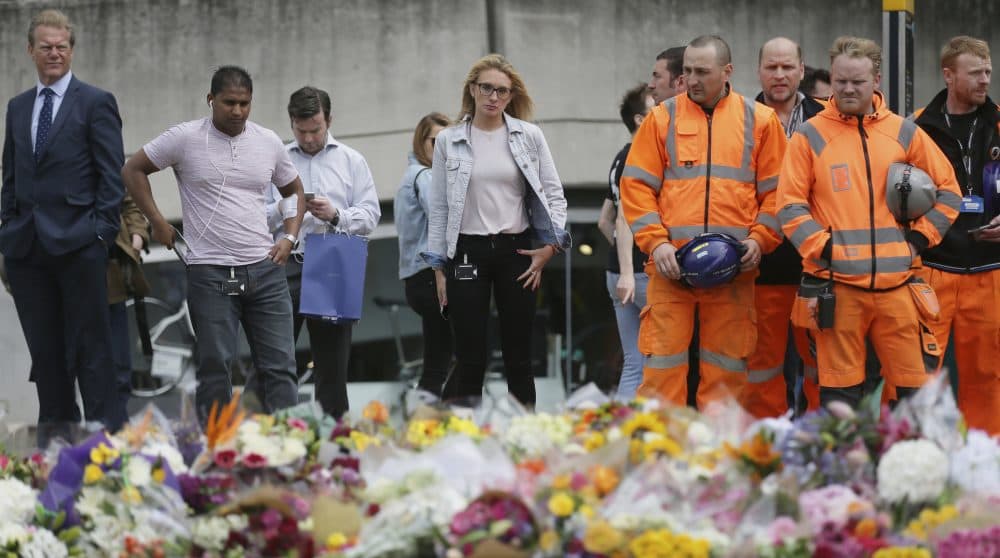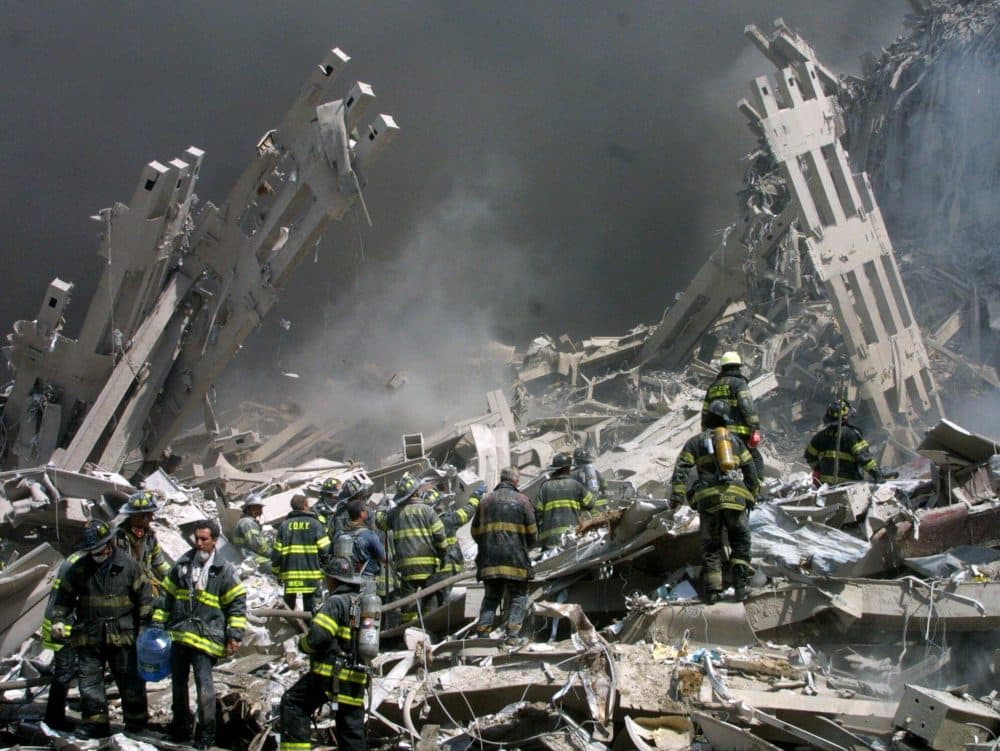Advertisement
Commentary
Has Terrorism Changed Us?

We are now almost 16 years removed from the events of 9/11, and find ourselves in an eerily similar place having eerily similar conversations.
In recent weeks, multiple terrorist attacks around the globe have provided near constant reminders of the endless stream of threats that seem to abound. The psychological fallout of these attacks is complex.
We know that for many people immediately affected, life will never be the same and the world will feel like a very scary place for some time to come. We also know that the impact of these events is not limited to those who tried to escape the Manchester arena or run across the London bridge — people everywhere are jumpy, hyper-vigilant and anxious. This dynamic was apparent in North London on Sunday, when a man drove a van into Muslim pedestrians near a mosque; in Italy earlier this month, when over a thousand fans watching a soccer match heard a loud sound, likely a firecracker, panicked, and began a stampede — assuming another terrorist incident was in the making. The fear of another attack is something that has become embedded in our collective consciousness, whether we realize it or not.
As the last remaining superpower in the world, whose wealth and military might far surpass even the closest competitor, it is a pressing question to consider: Is terrorism working?
The psychology of terrorism is really unlike any other threat we face. Social scientists studying the impact of terrorism have historically evaluated psychological symptoms in reaction to discrete terrorist attacks, but little to no attention is paid to the ongoing, anticipatory anxiety about what’s to come. These prospective fears about the future are significant, and one can argue that it has had a meaningful impact on the structure and fabric of our society.
Given the uniqueness of the terrorism threat, the typical cognitive re-framing exercises that are frequently offered (e.g. you have a higher chance being struck by lightning than you do dying in a terrorist attack) really do not apply. There are several reasons for this.
First, people lack complete control when it comes to terrorism. Whereas in a lightning storm you can seek shelter, there are really no good contingencies when it comes to terrorism. You don’t know where, when or how an attack will occur, and therefore have no means at your disposal to mitigate the threat.
Secondly, the occurrence of terrorism invariably fuels anxiety about future incidents — as opposed to a lightning storm, where there’s some finality as the storm drifts off.
Finally, the terror threat is ubiquitous — there’s no specific person, group, target or method. In essence, the threat becomes nebulous, hard to define or locate.
The implications of these fears on society are significant and numerous. Following 9/11, we witnessed growing support for the Patriot Act -- in a country founded on the basic premise of freedom and liberty. These past few years, we have also seen a disturbing national debate develop around excluding people from entry into the United States based on religion or country of origin — in a society that was founded by immigrants fleeing religious persecution. And this year we have seen growing support for large-scale deportation of people based on ethnicity — people who have lived and raised families in the United States for years — all as a means of getting rid of a few “bad hombres.” This adds to a growing cacophony of rising numbers of hate crimes, discussions about building walls, surges in gun purchases in recent years and more.

Perhaps all of this is hyperbole. Maybe this is just another normative phase in the evolution of society, much like some believe the warming climate is just a regular part of a larger weather cycle. Maybe we have no reason to be concerned, as this is only reflective of growing pains in a society whose manifest destiny is to be exceptional. Or, maybe the wheels are coming off the bus and we need to pay better attention.
Perhaps the immediate fallout of a terrorist attack — while awful and significant for so many involved — is not where we are most affected. Maybe, it is the growing number of ways we have started to fundamentally change as a people, with a drift toward exclusivity, hostility, inhumanity and fear.
As the last remaining superpower in the world, whose wealth and military might far surpass even the closest competitor, it is a pressing question to consider: Is terrorism working? Have we changed, and what are the consequences? And, perhaps most importantly, what do we need to do to regain our humanity?
